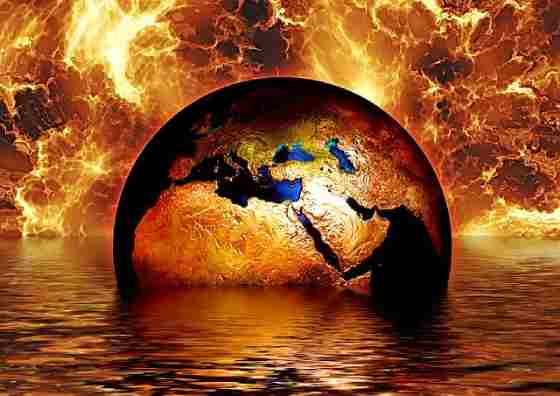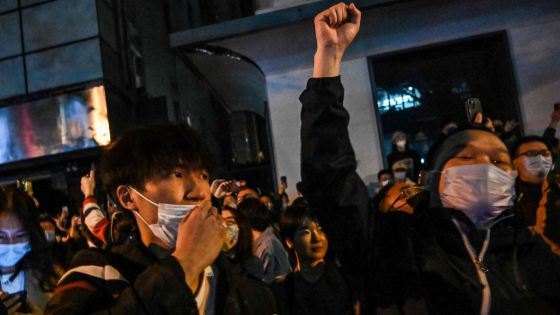
Solidarity, decency, socialism: in memory of Marko Bojcun
On March 11th 2023 our friend and comrade of Commons, known political economist, political scientist, labour movement historian and an activist of left-wing movements and solidarity with Ukraine, Marko Bojcun, passed away. He played an important role in keeping the flame of the Ukrainian left alive and in giving it, through emigrants and dissidents, to present time Ukraine.
During the last years of his 72-year life he was heavily ill with cancer and despite that he continued to work and never lost optimism of the will to make as much impact as possible. His magnum opus, which was based on his doctoral thesis (“Labour Movement and National Question in Ukraine: 1880-1920”) written in 1985, was significantly expanded with inclusion of previously unavailable sources and new research.




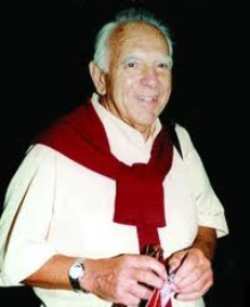 La Quarta Internazionale (e per certi versi l’intero trotskismo italiano) dal dopoguerra in poi in Italia si è riconosciuta in Livio Maitan (Venezia 1923-Roma 2004). Livio, di cui in queste settimane ricorre il centenario della nascita, è stato un militante rivoluzionario marxista attivo, sul piano politico e su quello teorico per quasi sessant'anni, fino alla sua morte, nel dibattito e nell’azione del movimento operaio italiano ed internazionale.
La Quarta Internazionale (e per certi versi l’intero trotskismo italiano) dal dopoguerra in poi in Italia si è riconosciuta in Livio Maitan (Venezia 1923-Roma 2004). Livio, di cui in queste settimane ricorre il centenario della nascita, è stato un militante rivoluzionario marxista attivo, sul piano politico e su quello teorico per quasi sessant'anni, fino alla sua morte, nel dibattito e nell’azione del movimento operaio italiano ed internazionale.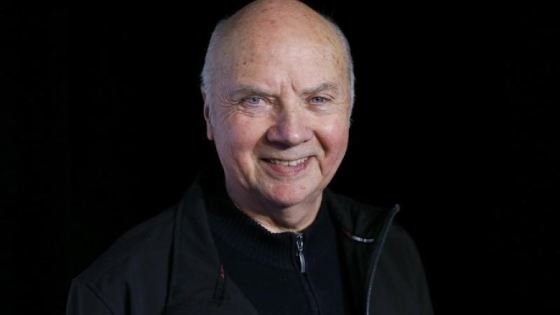
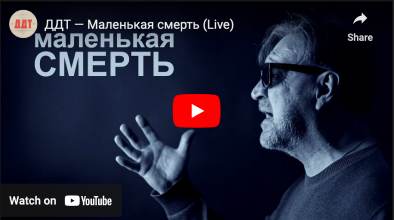 Since Russia invaded Ukraine four months ago, over 16,000 people have been detained or arrested for protesting the war, the independent police-monitoring website OVD-info reports.
Since Russia invaded Ukraine four months ago, over 16,000 people have been detained or arrested for protesting the war, the independent police-monitoring website OVD-info reports.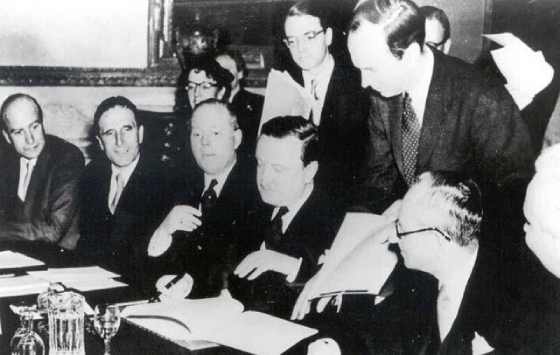
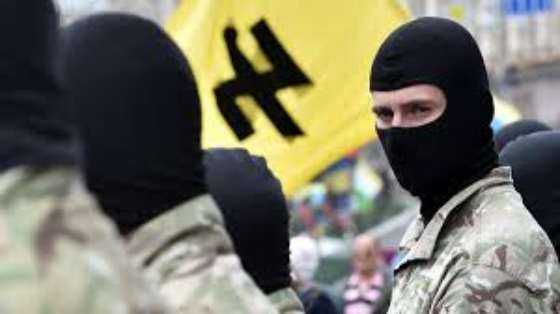
 According to a new report published by Oxfam, the richest 1 percent grabbed nearly two-thirds of all new wealth worth $42 trillion created since 2020, almost twice as much money as the bottom 99 percent of the world’s population, reveals a new Oxfam report today. During the past decade, the richest 1 percent had captured around half of all new wealth. .
According to a new report published by Oxfam, the richest 1 percent grabbed nearly two-thirds of all new wealth worth $42 trillion created since 2020, almost twice as much money as the bottom 99 percent of the world’s population, reveals a new Oxfam report today. During the past decade, the richest 1 percent had captured around half of all new wealth. . 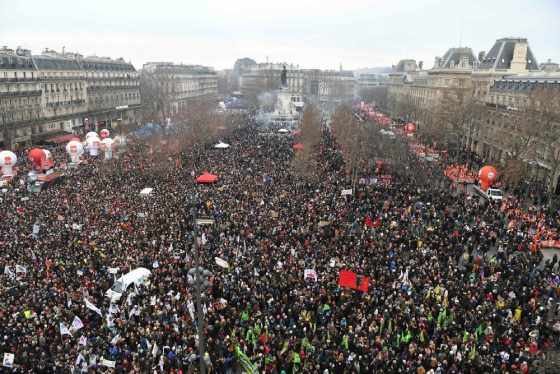
 Les chiffres de grève et de manifestations sont historiques, avec 1,2 million de manifestantEs selon la police, plus de deux millions selon l’intersyndicale, des taux de grève très importants (ainsi plus de 70 % dans l’éducation), des mobilisations massives dans les villes. 50 000 à Bordeaux et à Toulouse, 20 000 au Mans, 3500 à Alençon, 4000 à Compiègne, 20 000 à Nice, 7000 à Agen et Montauban, 4000 à Gap, 15 000 à Avignon, 50 000 à Nantes, 10 000 à Saint-Nazaire, 20 000 à Rouen, 35 000 au Havre, 15 000 à Bayonne et Pau, 13 000 à Quimper, 13 500 à Brest, 11 000 à Angoulême, 10 000 à Poitiers, 13 000 à Angers, et bien entendu plusieurs centaines de milliers à Paris (bien loin des 80 000 annoncés par le ministère de l’Intérieur)…
Les chiffres de grève et de manifestations sont historiques, avec 1,2 million de manifestantEs selon la police, plus de deux millions selon l’intersyndicale, des taux de grève très importants (ainsi plus de 70 % dans l’éducation), des mobilisations massives dans les villes. 50 000 à Bordeaux et à Toulouse, 20 000 au Mans, 3500 à Alençon, 4000 à Compiègne, 20 000 à Nice, 7000 à Agen et Montauban, 4000 à Gap, 15 000 à Avignon, 50 000 à Nantes, 10 000 à Saint-Nazaire, 20 000 à Rouen, 35 000 au Havre, 15 000 à Bayonne et Pau, 13 000 à Quimper, 13 500 à Brest, 11 000 à Angoulême, 10 000 à Poitiers, 13 000 à Angers, et bien entendu plusieurs centaines de milliers à Paris (bien loin des 80 000 annoncés par le ministère de l’Intérieur)…
